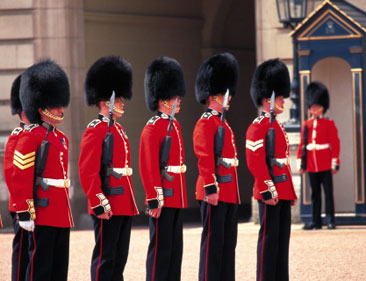Drill Display In London
06/10/2011
 |
| Link To World Skills Website |
 On Thursday 6th October, Uniformed Public Services (UPS) took a Drill Display Team down to London to perform in front of other Colleges and represent Chesterfield College and the course. We had to be at College for 0300 to be ready to leave at 0330, we later arrived in London at 0700 which gave us time to look around at other Colleges and displays. There was construction teams from all over the world, one of which had a 20ft-30ft rocking horse! The Royal Air Force was there talking about careers and we could have a go in the Typhoon simulator.
On Thursday 6th October, Uniformed Public Services (UPS) took a Drill Display Team down to London to perform in front of other Colleges and represent Chesterfield College and the course. We had to be at College for 0300 to be ready to leave at 0330, we later arrived in London at 0700 which gave us time to look around at other Colleges and displays. There was construction teams from all over the world, one of which had a 20ft-30ft rocking horse! The Royal Air Force was there talking about careers and we could have a go in the Typhoon simulator.We had been misinformed about the area we would be performing on as it was only a small stage and the team had been practicing in a much larger area. The team then had to change the number of paces they were doing and had just over an hour to get some final practices in.
The whole sequence lasted around 8 minutes and the entire team gave their best performance and it was great to watch!
Excuse The Chat From The Spectators







